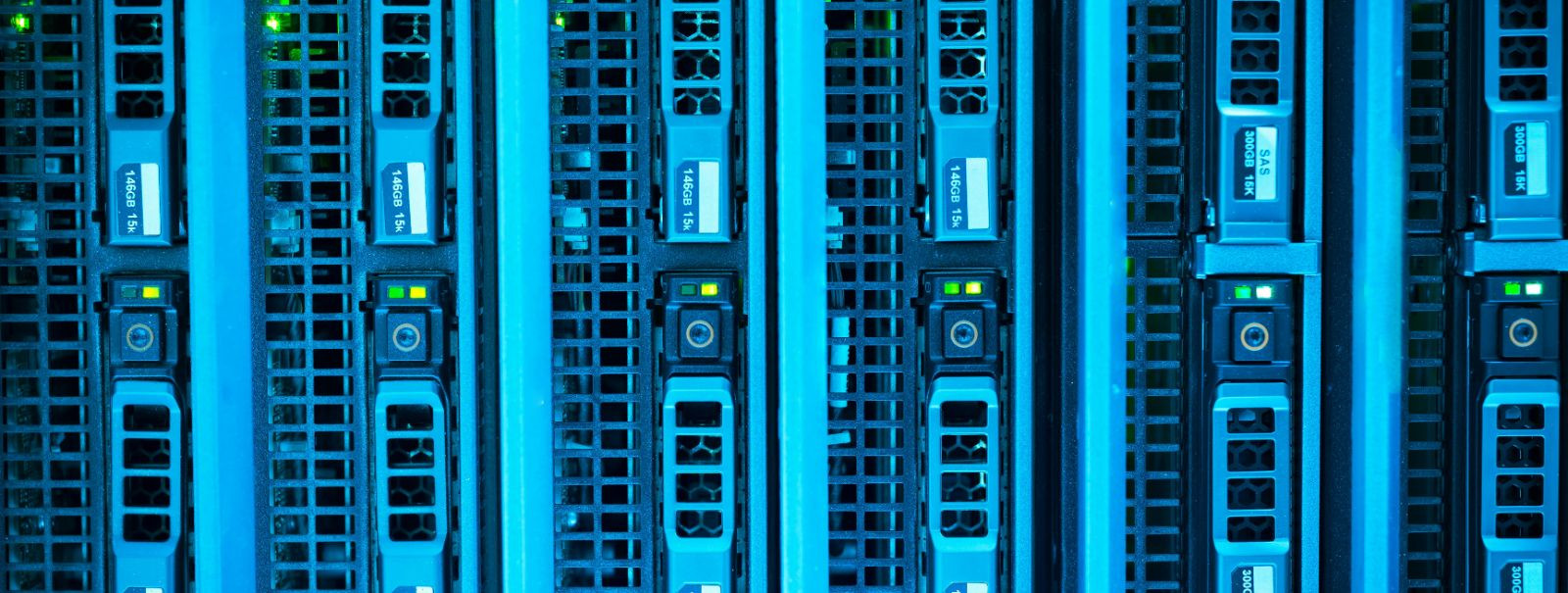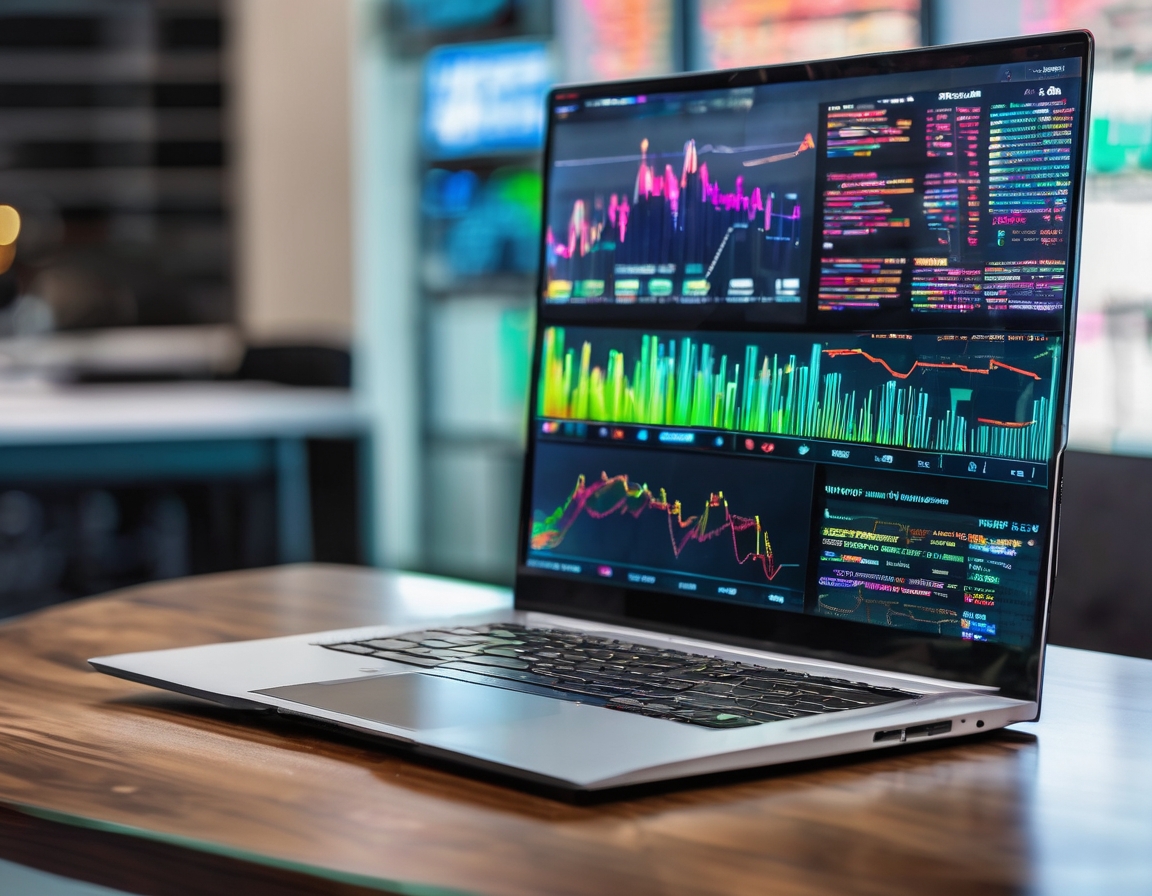The future of it: trends to watch
The Information Technology (IT) landscape is evolving at an unprecedented pace, driven by rapid advancements in technology and the increasing demand for digital transformation. As businesses strive to stay competitive, understanding the future trends in IT is crucial for making informed decisions that will shape their operations and strategies. This blog post explores the key trends that are set to redefine the IT industry, offering insights into how businesses can leverage these developments to enhance productivity and efficiency.
Artificial Intelligence and Machine Learning
Artificial Intelligence (AI) is no longer a futuristic concept; it is a reality that is transforming business operations across industries. From automating routine tasks to providing deep insights through data analysis, AI is enabling businesses to operate more efficiently and make data-driven decisions. AI-powered chatbots, virtual assistants, and customer service solutions are just a few examples of how AI is enhancing customer interactions and streamlining operations.
Machine Learning (ML), a subset of AI, is playing a pivotal role in predictive analytics. By analyzing historical data, ML algorithms can predict future trends and behaviors, allowing businesses to anticipate customer needs, optimize supply chains, and improve decision-making processes. As ML models become more sophisticated, their applications in business will continue to expand, offering new opportunities for growth and innovation.
Cloud Computing and Edge Computing
Cloud computing has become a cornerstone of modern IT infrastructure, offering scalability, flexibility, and cost-efficiency. The future of cloud computing lies in hybrid solutions that combine public and private clouds, providing businesses with the best of both worlds. Hybrid cloud solutions enable organizations to optimize their IT resources, enhance data security, and ensure seamless integration across platforms.
As the volume of data generated by IoT devices and other sources continues to grow, edge computing is emerging as a critical technology for real-time data processing. By processing data closer to its source, edge computing reduces latency and bandwidth usage, enabling faster decision-making and improved performance. This trend is particularly relevant for industries that require immediate data analysis, such as healthcare, manufacturing, and autonomous vehicles.
Cybersecurity Innovations
With the increasing sophistication of cyber threats, businesses must adopt advanced cybersecurity measures to protect their data and systems. Innovations in threat detection, such as AI-driven security solutions and behavioral analytics, are enhancing the ability to identify and mitigate potential threats before they cause harm. These technologies are essential for safeguarding sensitive information and maintaining trust with customers and partners.
The Zero Trust security model is gaining traction as a robust approach to cybersecurity. Unlike traditional security models that rely on perimeter defenses, Zero Trust assumes that threats can originate from both inside and outside the network. By implementing strict access controls and continuously verifying user identities, businesses can minimize the risk of unauthorized access and data breaches.
Internet of Things (IoT) Expansion
The Internet of Things (IoT) is revolutionizing urban living by enabling the development of smart cities. IoT devices are being used to monitor and manage infrastructure, improve public services, and enhance the quality of life for residents. From smart traffic management systems to energy-efficient buildings, IoT is driving innovation in urban planning and development.
In the business realm, IoT is providing new opportunities for efficiency and productivity. By connecting devices and systems, IoT enables real-time monitoring and control, reducing downtime and optimizing operations. Industries such as manufacturing, logistics, and agriculture are leveraging IoT to streamline processes, reduce costs, and improve outcomes.
Blockchain Technology
While blockchain is best known as the technology behind cryptocurrencies, its potential applications extend far beyond digital currencies. Blockchain offers a secure and transparent way to record transactions, making it ideal for supply chain management, identity verification, and data sharing. As businesses explore new use cases for blockchain, its impact on various industries is expected to grow significantly.
Smart contracts, powered by blockchain, are self-executing contracts with the terms of the agreement directly written into code. These contracts automate processes and reduce the need for intermediaries, increasing efficiency and reducing costs. Decentralized applications (dApps) built on blockchain platforms are also gaining popularity, offering new ways to interact with digital services and assets.
Quantum Computing
Quantum computing represents a paradigm shift in computing power, with the potential to solve complex problems that are currently beyond the reach of classical computers. By leveraging the principles of quantum mechanics, quantum computers can perform calculations at unprecedented speeds, opening up new possibilities for scientific research, optimization, and artificial intelligence.
As quantum computing advances, it poses both opportunities and challenges for data encryption. While quantum computers have the potential to break current encryption methods, they also offer the possibility of developing new, more secure encryption techniques. Businesses must stay informed about these developments to ensure the security of their data in a post-quantum world.





Comments (0)